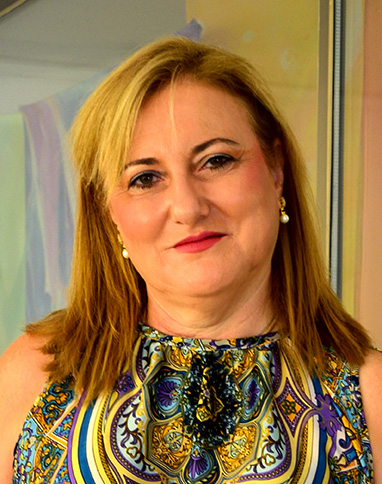By Adoración Mozas, professor at the University of Jaén and President of CIRIEC-Spain
CIRIEC-Spain, the association I have had the honor of chairing for the past eight years, carries out extensive research and dissemination activities on cooperativism and the social economy. This work is reflected in detailed reports, scientific journals, conferences, statistical portals, and national and international newsletters, such as this Social Economy News (SEN), which we produce in collaboration with CIRIEC-International.
Taking this opportunity provided by SEN, among the many actions we undertake every year, I would like to highlight two upcoming events, as well as a very recent initiative, that demonstrate our commitment to these institutions, which I like to call “enterprises and institutions with a soul”.
The first event is the 20th International Congress of Researchers on the Social Economy of CIRIEC-Spain, taking place from April 2 to 4 in Jaén. This Congress represents a significant milestone in the consolidation and promotion of the Social Economy at both national and international levels. It will bring together around 200 researchers, practitioners, public administration representatives, and students, establishing itself as a key platform for debate, innovation, and sustainability within this economic model.
Under the theme “University and Social Economy: Science, Innovation, and Knowledge to Face the Polycrisis”, the Congress aims to be a forum for exchanging experiences and best practices. It fosters constructive dialogue between the academic world, the social economy sector, and government institutions, highlighting the fundamental role of universities as generators of knowledge, educators of citizens, and agents of social change.
Through research, innovation, and knowledge transfer, universities can drive inclusive, sustainable, and equitable economic models aligned with the principles of the Social Economy.
Secondly, the recent creation of 10 Social Economy Chairs by the Regional Government of Andalusia further strengthens this institutional commitment. This initiative, a pioneer in Spain and Europe, involves all public universities in the region. The ease and low cost of setting them up, as well as the available funding, make the social economy enterprises an ideal option for university entrepreneurship, offering students the opportunity to bring their ideas to life with minimal investment.
University programs rarely refer to this business model. For this reason, these chairs will focus on training student through conferences, courses, workshops, awards, and lectures, bringing them closer to the realities of the sector. They will also receive support from enterprises founded by former students, which will serve as examples and inspiration for those wishing to enter the Social Economy.
At the same time, these chairs will allocate resources to research in order to strengthen collaboration with cooperatives, worker-owned enterprises, and other entities in the sector. The goal is to identify and respond to emerging market needs, promoting innovative solutions that contribute to social well-being. This synergy will enhance the training of students and professionals, providing them with essential tools to lead the transition towards a fairer and more sustainable production model.
Finally, the 6th University Week of the Social Economy will take place from March 24 to April 2, 2025. This collective event reaffirms the importance of raising awareness and training new generations in this economic model. During this week, universities across the country will hosting conferences, workshops, exhibitions, and meetings with sector entities. These initiatives will allow participants to discover firsthand best practices, success stories, and research opportunities in the field of the Social Economy.
This event has become a key meeting place for spreading knowledge and promoting the Social Economy, reinforcing the role of universities as agents of change and social transformation. It thus contributes to the education of future professionals committed to fostering a more inclusive and equitable economic development.
It will be a pleasure to have all of you at each of these events and experiences.







